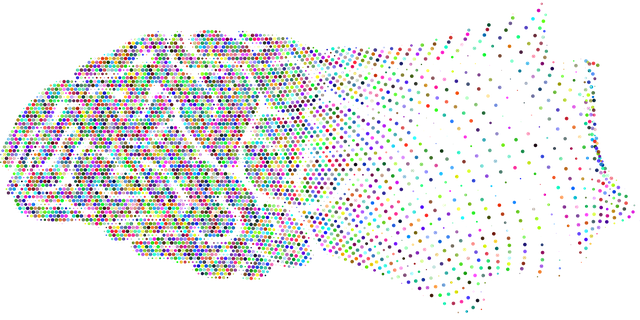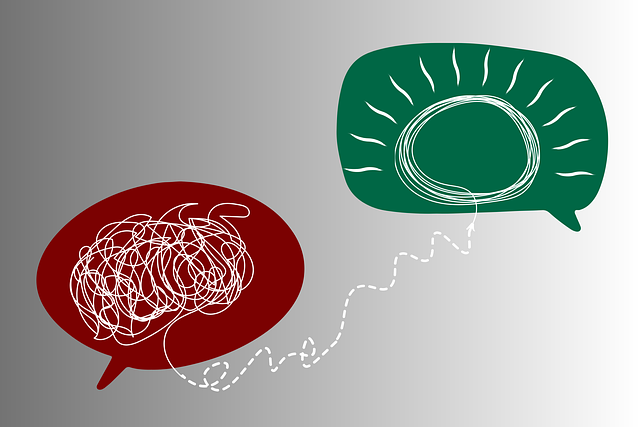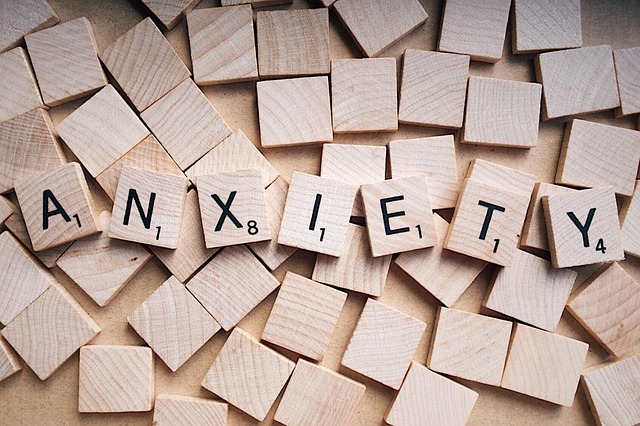Post-Traumatic Stress Disorder (PTSD) is a complex mental health condition with variable symptoms across individuals and cultures, highlighting the need for culturally sensitive care. Stigma reduction is key to encouraging therapy for PTSD without judgment. Stress management workshops tailored for PTSD patients offer a supportive environment combining mindfulness, breathing techniques, and cognitive reframing to improve emotional well-being and self-esteem. Skilled facilitators create safe spaces, assess risks, and focus on self-awareness and coping strategies, ultimately enhancing mental health outcomes through these evidence-based practices.
Stress management workshops play a pivotal role in offering therapy for Post-Traumatic Stress Disorder (PTSD), addressing its profound impact on individuals. This article delves into three crucial aspects: understanding PTSD, designing effective workshops tailored to relief, and facilitating supportive therapeutic environments. By exploring evidence-based strategies, we aim to equip organizations with the tools to facilitate healing journeys for those affected by this condition.
- Understanding Post-Traumatic Stress Disorder (PTSD): Symptoms and Impact
- Designing Effective Stress Management Workshops for PTSD Relief
- Facilitating and Supporting Participants in a Therapeutic Setting
Understanding Post-Traumatic Stress Disorder (PTSD): Symptoms and Impact

Post-Traumatic Stress Disorder (PTSD) is a complex mental health condition that can arise after an individual experiences or witnesses a traumatic event, such as violence, accidents, natural disasters, or military combat. It’s not simply ‘feeling stressed’; PTSD is characterized by intrusive memories, flashbacks, nightmares, and intense distress when exposed to triggers associated with the trauma. Those affected may also exhibit avoidance behaviors, numbing or negative changes in thoughts and mood, and hyperarousal—all of which significantly impact daily functioning and overall quality of life.
The symptoms can vary widely based on individual experiences and cultural backgrounds, highlighting the importance of Cultural Sensitivity in Mental Healthcare Practice. Emotional Intelligence plays a crucial role in how individuals process and express their traumatic experiences. Efforts to reduce stigma around mental illness are essential as they foster an environment where those with PTSD feel comfortable seeking therapy for Post-Traumatic Stress Disorder and receiving support without fear of judgment or discrimination.
Designing Effective Stress Management Workshops for PTSD Relief

Stress management workshops tailored for individuals suffering from Post-Traumatic Stress Disorder (PTSD) can significantly aid in their therapy for PTSD relief. These workshops must be designed to address the unique emotional healing processes required by those dealing with PTSD. The sessions should encourage a safe and supportive environment where participants feel comfortable sharing their experiences, fostering open communication that facilitates self-esteem improvement.
Incorporating strategies for mood management is vital within these workshops. Techniques such as mindfulness exercises, breathing techniques, and cognitive reframing can help individuals navigate and manage the intense emotions associated with PTSD. By integrating these practices, workshops contribute to a holistic approach in therapy for PTSD relief, promoting emotional well-being and enhancing participants’ overall quality of life.
Facilitating and Supporting Participants in a Therapeutic Setting

In facilitating and supporting participants in a therapeutic setting, a Stress Management Workshops Organization plays a pivotal role in fostering mental well-being. Through expertly led sessions, these workshops create safe spaces for individuals to navigate and process their experiences, with a particular focus on offering therapy for Post-Traumatic Stress Disorder (PTSD). Skilled facilitators employ evidence-based practices and techniques tailored to each participant’s unique needs, promoting self-awareness and coping strategies that can significantly enhance resilience.
By integrating risk assessment for mental health professionals into the workshop design, these organizations prioritize safety while encouraging personal growth. Participants are empowered with tools not only to manage stress but also to build confidence in their ability to overcome challenges. This holistic approach ensures that those attending gain valuable insights and practical skills, ultimately contributing to improved mental health outcomes and a boosted sense of self-efficacy.
Stress management workshops play a pivotal role in providing therapy for Post-Traumatic Stress Disorder (PTSD) by offering participants practical tools and a safe space to process their experiences. By combining educational content with therapeutic techniques, these workshops empower individuals to effectively manage and reduce PTSD symptoms. Through skilled facilitation, participants gain insights, build resilience, and foster a sense of community, all of which are essential steps towards healing and improved well-being.














